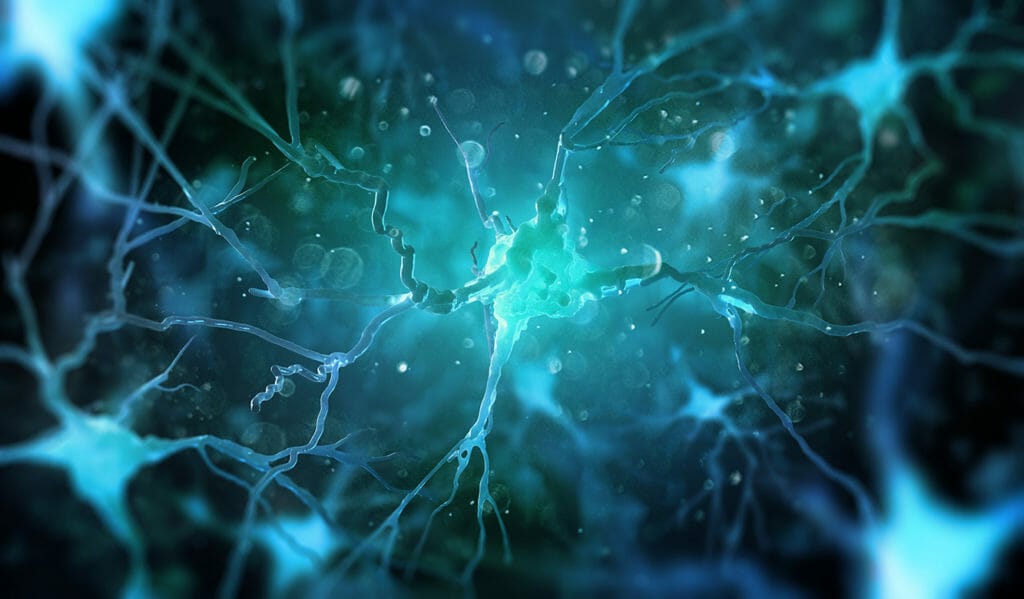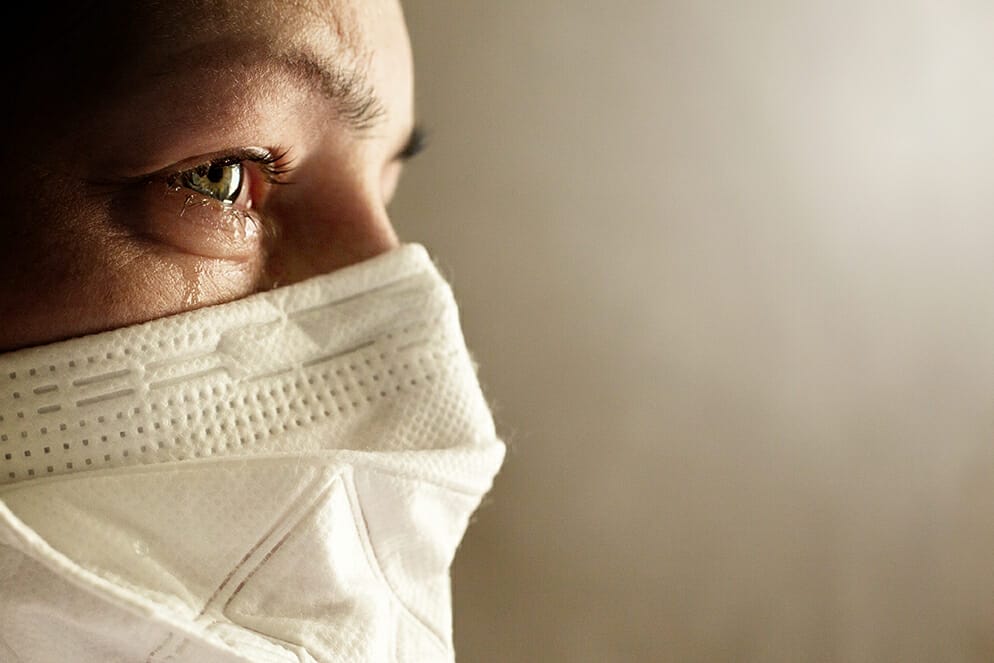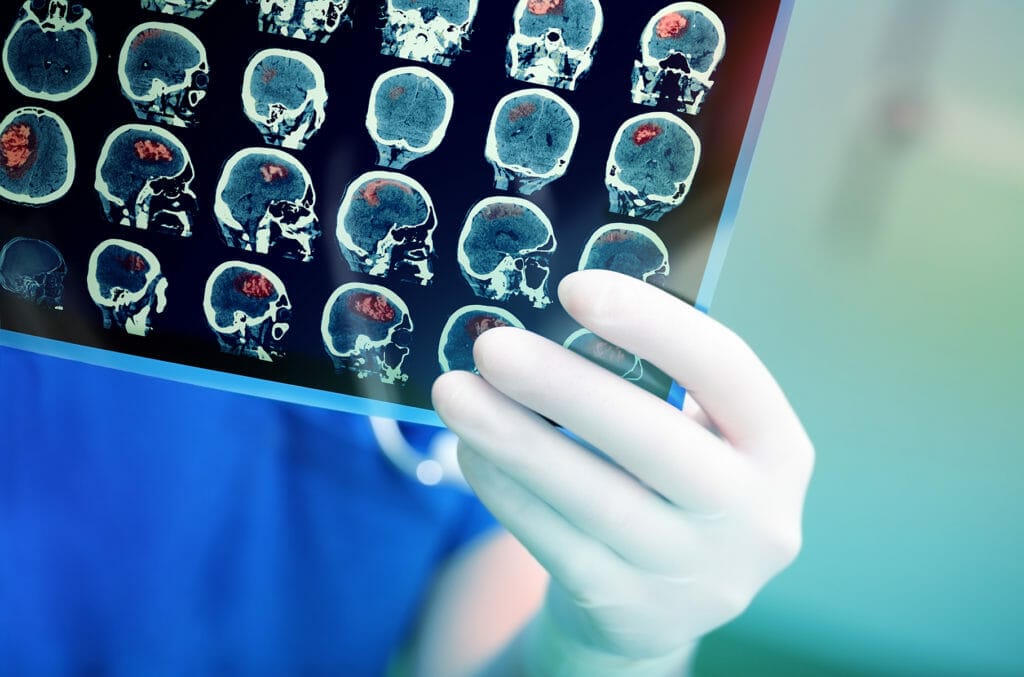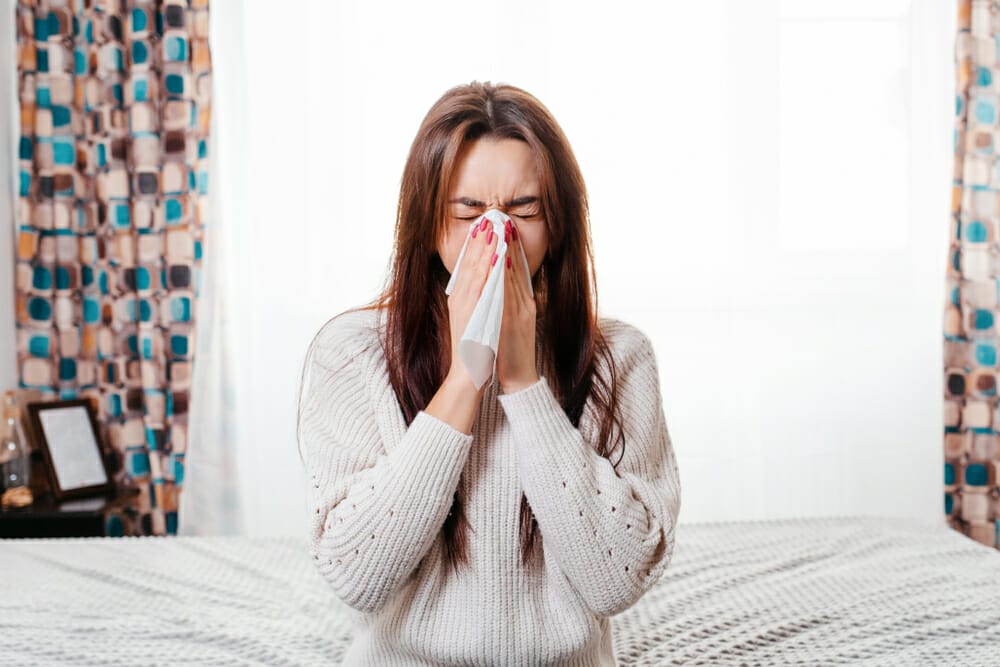You’ve had a relaxing summer holiday off school/college and just like that, it’s time to head back! But is your mind in the right frame to settle into the school day? Here are some tips to get your brain back into gear and ready to learn.
Nutrition

Make sure you are eating the right kinds of food to keep your brain active and healthy. For example, try to steer clear of foods that are high in sugar as these can cause a spike in insulin levels which can then leave you feeling drained after the initial short-lived energy boost. Opt for foods that can give you a longer source of energy such as bananas which are considered to be one of the best foods for energy. As well as eating the right foods, make sure you are drinking enough water to avoid dehydration which can lead to low energy and fatigue.
Give your brain a rest

As well as keeping your brain active, it is important to make sure it is fully rested before you start another day. According to studies, teenagers need around 9 and a half hours of sleep to ensure good brain performance, so make sure you are getting enough sleep. Also, try to limit your use of smartphones, tablets and screens at least half an hour before bed as the blue light they emit can affect your quality of sleep.
Clear your head

On the same note as the last tip, make sure you allow yourself time to clear your head. Some great ways of clearing your mind are to go for a walk or try some simple meditation techniques or even some mindful exercises such as yoga or pilates. Exercise is a great way to promote brain health as it gets your heart pumping which in turn allows more oxygen to reach the brain as well as lots of different hormones which can help in the nourishment and growth of brain cells. A simple 5-minute meditation can help to clear your mind and improve your focus and brain health. Useful apps such as ‘Headspace’ and ‘Stop, Breathe & Think’ provide great mindfulness exercises and meditations that you can try from the comfort of your home to relieve stress, anxiety and depression and nourish your brain health.
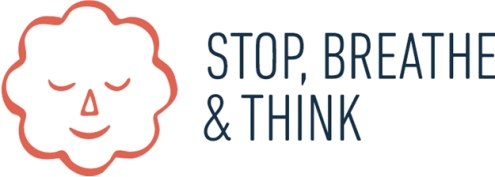
Consider A High-Quality Supplement
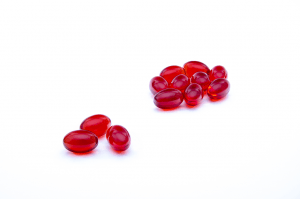
You may want to consider taking a high-quality omega 3 fatty acid supplement such as Krill oil. Krill oil is one of the most bioavailable forms of Omega 3 DHA (docosahexaenoic acid) and EPA (eicosapentaenoic acid) currently on the market. Omega 3 is vital for normal brain function and development.
PLEASE NOTE: Krill Oils are not suitable for those with shellfish allergies.
To learn more about brain health in teenagers, join Dr Elisabeth Philipps PhD BSc(Hons) BSc Nut. Med. and Christine Bailey MSc mIFM mBANT CNHC PGCE on our upcoming ‘Brain Health & Teenagers’ webinar on Tuesday 24th September 2019
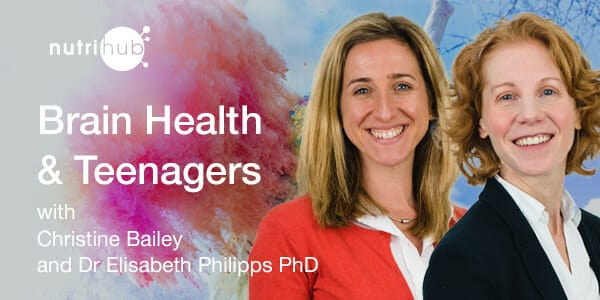
Book Now
References
nhs.uk. (2019). Sleep tips for teenagers. [online] Available at: https://www.nhs.uk/live-well/sleep-and-tiredness/sleep-tips-for-teenagers/ [Accessed 6 Aug. 2019].
Nationwidechildrens.org. (2019). Sleep in Adolescents. [online] Available at: https://www.nationwidechildrens.org/specialties/sleep-disorder-center/sleep-in-adolescents [Accessed 6 Aug. 2019].
BrainHQ from Posit Science. (2019). Physical Exercise for Brain Health – BrainHQ from Posit Science. [online] Available at: https://www.brainhq.com/brain-resources/everyday-brain-fitness/physical-exercise/ [Accessed 6 Aug. 2019].
Julia Hamer, N. (2019). Say Goodbye to Summer Brain Drain & Hello Back to School with These Brain-Boosting Tips. [online] WellBeing by Well.ca. Available at: https://blog-well.ca/back-to-school-brain-boosting-tips/ [Accessed 6 Aug. 2019].
Kidshealth.org. (2019). How Much Sleep Do I Need? (for Teens) – KidsHealth. [online] Available at: https://kidshealth.org/en/teens/how-much-sleep.html [Accessed 6 Aug. 2019].
Healthline. (2019). How Omega-3 Fish Oil Affects Your Brain and Mental Health. [online] Available at: https://www.healthline.com/nutrition/omega-3-fish-oil-for-brain-health [Accessed 6 Aug. 2019].






